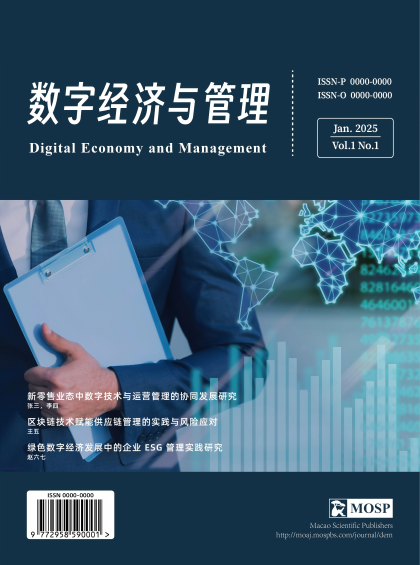摘 要:
随着现代信息技术的飞速发展,虚拟现实(VR)技术不断融入到各个领域。其中,远程协作是VR技术的一个重要应用场景。本研究旨在探索虚拟现实技术如何赋能远程协作的认知传导机制。基于认知传导理论和虚拟现实技术的特性,我们设计了一份包含多元化任务和交互环节的实验,以观察操纵VR环境中信息维度和感知度如何影响远程协作的沟通效果和工作效效率。实验结果显示,相对于传统的远程协作方式,使用VR进行远程协作能显著提高信息的理解程度和认知一致性,进而提高协作效率。另一方面,VR环境的高度仿真性和交互性,也改变了协作者的认知行为,提供了丰富的感知信息和更高级的认知模式,使得协作者能在重要的决策环节做出更准确的判断。本研究结果可以为VR技术在远程协作中的应用提供理论支持和实践指导。
关键词:虚拟现实技术;远程协作;认知传导机制
Abstract:
With the rapid development of modern information technology, Virtual Reality (VR) technology has been increasingly integrated into various fields. Among them, remote collaboration stands as a significant application scenario for VR technology. This study aims to explore how VR technology empowers the cognitive transmission mechanism in remote collaboration. Based on cognitive transmission theory and the characteristics of VR technology, we designed an experiment incorporating diverse tasks and interactive components to observe how manipulating information dimensions and perceptibility in a VR environment influences communication effectiveness and work efficiency in remote collaboration. The experimental results indicate that, compared to traditional remote collaboration methods, utilizing VR for remote collaboration significantly enhances information comprehension and cognitive consistency, thereby improving collaboration efficiency. On the other hand, the high fidelity and interactivity of the VR environment also alter the cognitive behaviors of collaborators, providing rich perceptual information and more advanced cognitive modes, enabling collaborators to make more accurate judgments in critical decision-making processes. The findings of this study can offer theoretical support and practical guidance for the application of VR technology in remote collaboration.
Keywords: Virtual reality technology; Remote collaboration; Cognitive transmission mechanism
--
